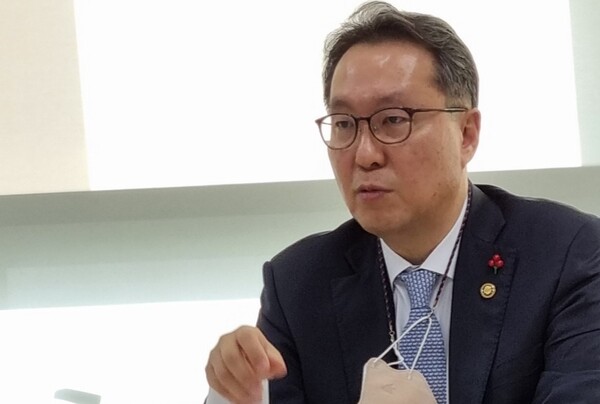
The government has reemphasized the need to increase the enrollment quota at medical schools.
Meeting with reporters, Vice Minister of Health and Welfare Park Min-soo said the government would push to increase the number of doctors and expand essential healthcare.
The Yoon Suk-yeol administration has a great interest in the simultaneous pursuit of expanding essential care and replenishing the finance of state health insurance service, the ministry’s two foremost administrative objectives this year, Park said.
“President Yoon shows a great interest in the government’s support for essential care. The essential medical care and more efficient use of health insurance funds are the two sides of the same coin to be pushed without fail,” Park said. “Money secured through the efficient use of health insurance funds should be invested in essential medical care and other areas.”
However, Vice Minister Park added that the emphasis on the sustainability of health insurance finance does not mean the reduction of insurance coverage. “Essential care and raising the efficiency of health insurance finance cannot be separated from each other,” he said.
Park also expressed the ministry's position on the cosmetic and plastic surgery market, which has been regarded as the stumbling block in expanding essential care.
“One of the reasons that the expansion of essential care is difficult is cosmetic surgery,” he said. “According to data on plastic surgeons operating in southern Seoul, cosmetic surgery specialists account for only 8.5 percent of the total with physicians with other specialties providing cosmetic and plastic surgery service.”
Park pointed out that although Korea produces about 3,000 doctors yearly, most go to this lucrative medical field as the income gap between different specialties widens.
“There have been no insurance benefits for cosmetic and plastic surgery area because they are not essential to care, and it will be the same in the future, too,” Park said. “However, we can regard cosmetic and plastic surgery areas as an industry that needs the injection of fresh manpower.”
Park emphasized that also explains why Korea needs more doctors by expanding the admission quota at medical schools and taking better care of physicians engaged in essential care.
“The two matters should go in a package,” he said. “Even so, there may be workforce outflows to the cosmetic and plastic surgery area, but the speed will slow.”

